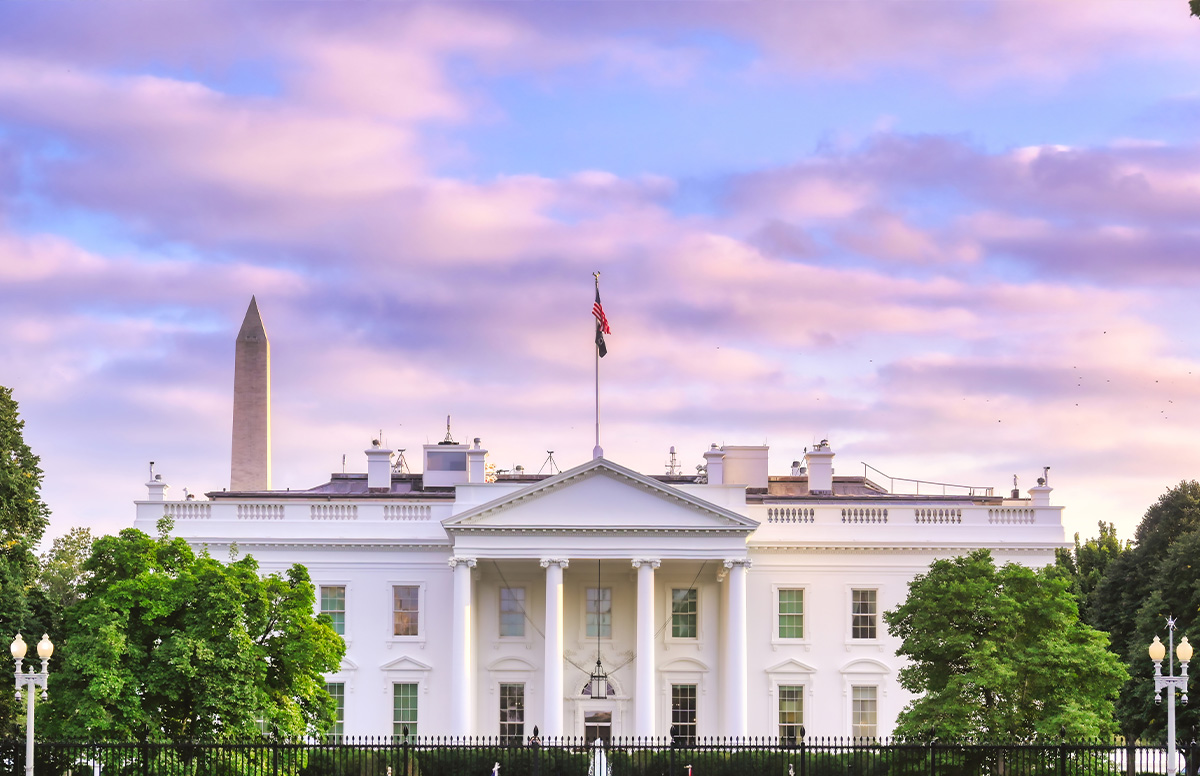In a case LeadingAge has been tracking because of its impact on the president’s ability to unilaterally withhold or impound congressionally approved funding, the Supreme Court ruled on September 26 that President Donald Trump can withhold, as he had requested, $4 billion in foreign aid that congress had approved. The decision casts a pall over congress’s role in federal spending.
Unlike the White House’s rescission of $9.3 billion in foreign aid and Corporation for Public Broadcasting funding this summer, congress took no action on whether to approve the White House’s holding back of this additional $4 billion.
The lack of approval from congress to withhold the funds calls into question the meaning of the federal appropriations process, which starts with congress’s constitutionally provided power of the purse.
Democrats’ attempts to add language to any continuing resolution (CR) to disallow the president from unilaterally holding back congressionally approved funds have been rebuffed by Republicans and are central to many Democrats’ opposition to voting for the CR passed in the House on September 19, 2025.
While the Supreme Court’s September 26 decision just impacts President Trump’s request to hold back these foreign aid funds, advocates for programs that rely on appropriated funds now have reason to be concerned if those programs, regardless of whether congress approved funding for them, align with the White House’s goals.
For example, President Trump has made clear he does not support federal funding for Department of Housing and Urban Development (HUD) rental assistance programs at levels sufficient to preserve existing housing and stably house currently assisted households. Thanks to the advocacy of LeadingAge and others, the Senate and House have thus far rejected the president’s request for deep cuts to HUD spending.

 Shutdown Week Three: Impact of Ongoing Closure on Affordable Housing
Shutdown Week Three: Impact of Ongoing Closure on Affordable Housing Colleagues on the Move, February 4, 2026
Colleagues on the Move, February 4, 2026


